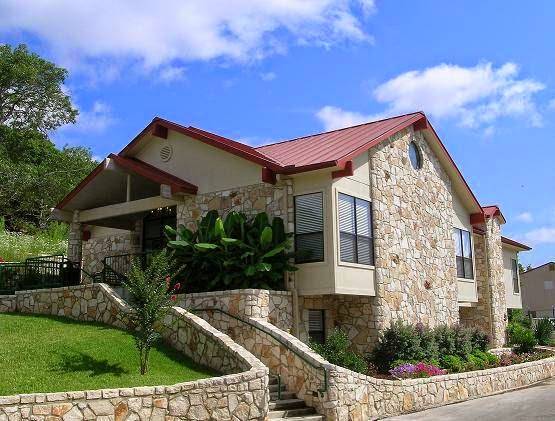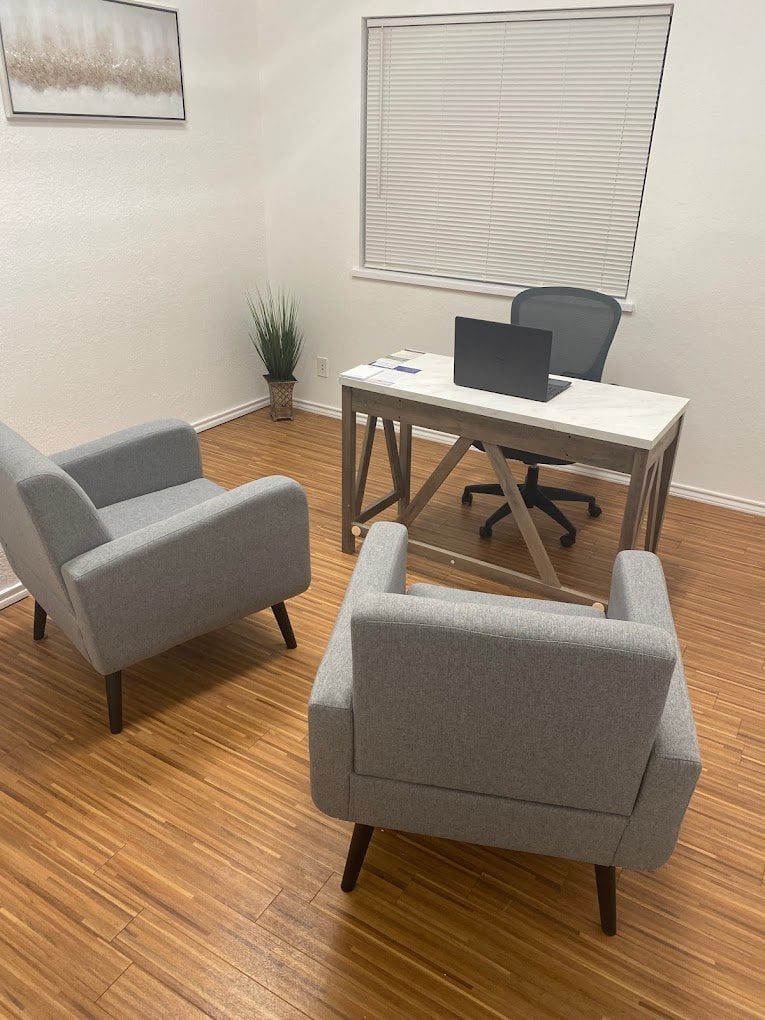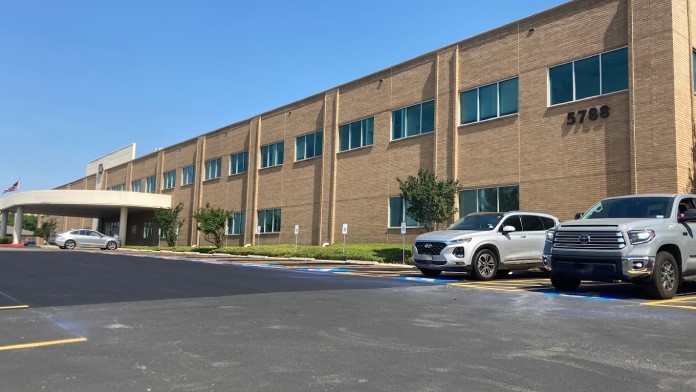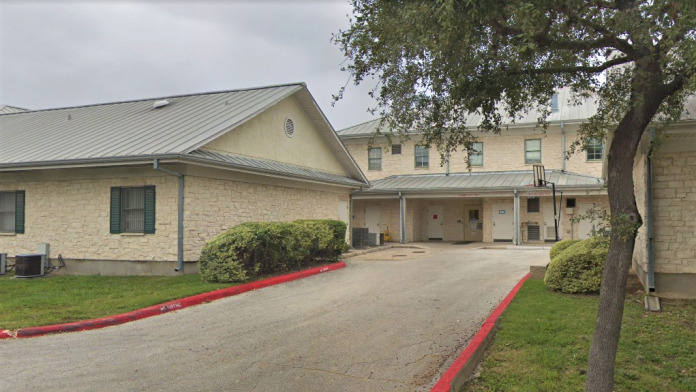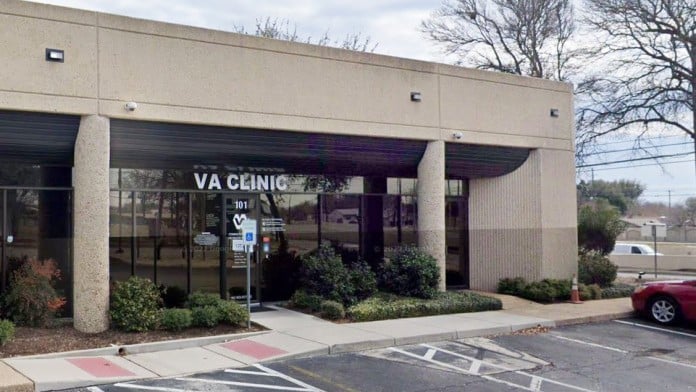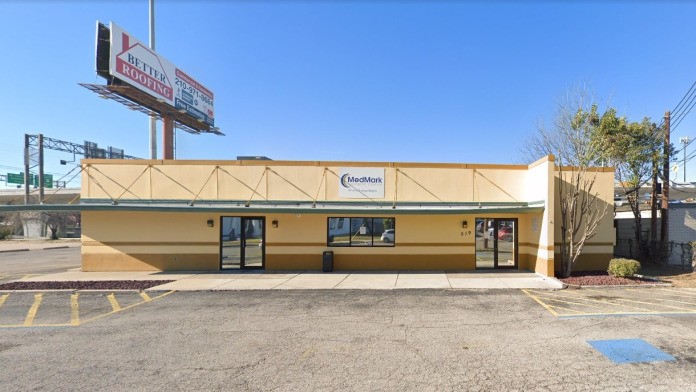About Deborah Judith Elite Counseling
Elite Counseling in San Antonio, Texas, offers outpatient services for addiction treatment. They accept Medicaid, Medicare, state financed health plans, private health insurance, military insurance, Access to Recovery (ATR) vouchers, and Department of VA Funds. For those without insurance there is a sliding fee scale available.
The clinic is licensed by the Texas Department of Health and the Texas State Abuse Agency. Clients of all ages and genders are accepted. Specialized treatment is available for LGBT clients.
Outpatient Treatment for Substance Use Disorder
Treatment is offered for co-occurring disorders where mental health illness accompanies a substance use disorder. Because the different disorders work with each other, treatment is more successful when they are treated concurrently.
The clinic also offers programs required for drug and alcohol offenders. Treatment will discover underlying issues causing substance abuse. Trauma-related counseling seeks to treat these underlying issues.
Other treatments used include rational emotive behavioral therapy, brief intervention approach, dialectical behavioral therapy (DBT), the 12 Step treatment approach, contingency management, motivational incentive, and treatment for anger management.
Matrix Model Approach
The Matrix Model is a 16-week intensive outpatient program (IOP) used for recovery from substance use. Relapse prevention, family therapy, group therapy, psychoeducation, and self help are used in this model in a structured sequential order. The model uses cognitive behavioral therapy (CBT), motivational interviewing, and relapse prevention. Clients learn how to recognize triggers, control cravings, and develop a plan for maintaining sobriety.
Convenient Location
A bus stop is located in front of the clinic for easy access. The San Antonio RiverWalk, also called Paseo del Río, is just three miles away and offers an opportunity for meditation and reflection during recovery. The walk is 15 miles long lined with cypress trees, shops, museums, and restaurants. Bike riding is allowed on the walk.
Rehab Score
Other Forms of Payment
Medicaid is a state based program that helps lower-income individuals and families pay for healthcare. Medicaid covers addiction treatment so those enrolled can use their coverage to pay for rehab. When a program accepts Medicaid the client often pays very little or nothing out of their own pocket.
Self-pay involves paying for treatment out of your own pocket. You can use savings or credit, get a personal loan, or receive help from family and friends to fund your treatment. If you don't have insurance or your insurance plan doesn't cover a specific program, self-pay can help ensure you still get the care you need.
Financial aid can take many forms. Centers may have grants or scholarships available to clients who meet eligibility requirements. Programs that receive SAMHSA grants may have financial aid available for those who need treatment as well. Grants and scholarships can help you pai for treatment without having to repay.
Sliding scale payments are based on a client's income and family size. The goal is to make treatment affordable to everyone. By taking these factors into account, addiction recovery care providers help ensure that your treatment does not become a financial burden to you or your family, eliminating one barrier to care.
Addiction Treatments
Levels of Care
Outpatient Programs (OP) are for those seeking mental rehab or drug rehab, but who also stay at home every night. The main difference between outpatient treatment (OP) and intensive outpatient treatment (IOP) lies in the amount of hours the patient spends at the facility. Most of the time an outpatient program is designed for someone who has completed an inpatient stay and is looking to continue their growth in recovery. Outpatient is not meant to be the starting point, it is commonly referred to as aftercare.
Intensive Outpatient Programs (IOP) are for those who want or need a very structured treatment program but who also wish to live at home and continue with certain responsibilities (such as work or school). IOP substance abuse treatment programs vary in duration and intensity, and certain outpatient rehab centers will offer individualized treatment programs.
Treatments
The goal of treatment for alcoholism is abstinence. Those with poor social support, poor motivation, or psychiatric disorders tend to relapse within a few years of treatment. For these people, success is measured by longer periods of abstinence, reduced use of alcohol, better health, and improved social functioning. Recovery and Maintenance are usually based on 12 step programs and AA meetings.
During rehab in Texas, you'll deal with underlying issues that contribute to addiction. By addressing these challenges and learning healthy ways to cope with them, you'll develop strategies that help you live a drug-free lifestyle.
Many of those suffering from addiction also suffer from mental or emotional illnesses like schizophrenia, bipolar disorder, depression, or anxiety disorders. Rehab and other substance abuse facilities treating those with a dual diagnosis or co-occurring disorder administer psychiatric treatment to address the person's mental health issue in addition to drug and alcohol rehabilitation.
Opioid rehabs specialize in supporting those recovering from opioid addiction. They treat those suffering from addiction to illegal opioids like heroin, as well as prescription drugs like oxycodone. These centers typically combine both physical as well as mental and emotional support to help stop addiction. Physical support often includes medical detox and subsequent medical support (including medication), and mental support includes in-depth therapy to address the underlying causes of addiction.
Substance rehabs focus on helping individuals recover from substance abuse, including alcohol and drug addiction (both illegal and prescription drugs). They often include the opportunity to engage in both individual as well as group therapy.
Programs
Adult rehab programs include therapies tailored to each client's specific needs, goals, and recovery progress. They are tailored to the specific challenges adult clients may face, including family and work pressures and commitments. From inpatient and residential treatment to various levels of outpatient services, there are many options available. Some facilities also help adults work through co-occurring conditions, like anxiety, that can accompany addiction.
Clinical Services
Group therapy is any therapeutic work that happens in a group (not one-on-one). There are a number of different group therapy modalities, including support groups, experiential therapy, psycho-education, and more. Group therapy involves treatment as well as processing interaction between group members.
Trauma therapy addresses traumatic incidents from a client's past that are likely affecting their present-day experience. Trauma is often one of the primary triggers and potential causes of addiction, and can stem from child sexual abuse, domestic violence, having a parent with a mental illness, losing one or both parents at a young age, teenage or adult sexual assault, or any number of other factors. The purpose of trauma therapy is to allow a patient to process trauma and move through and past it, with the help of trained and compassionate mental health professionals.
Contact Information
700 South Zarzamora street
Suite 209
San Antonio, TX 78207
